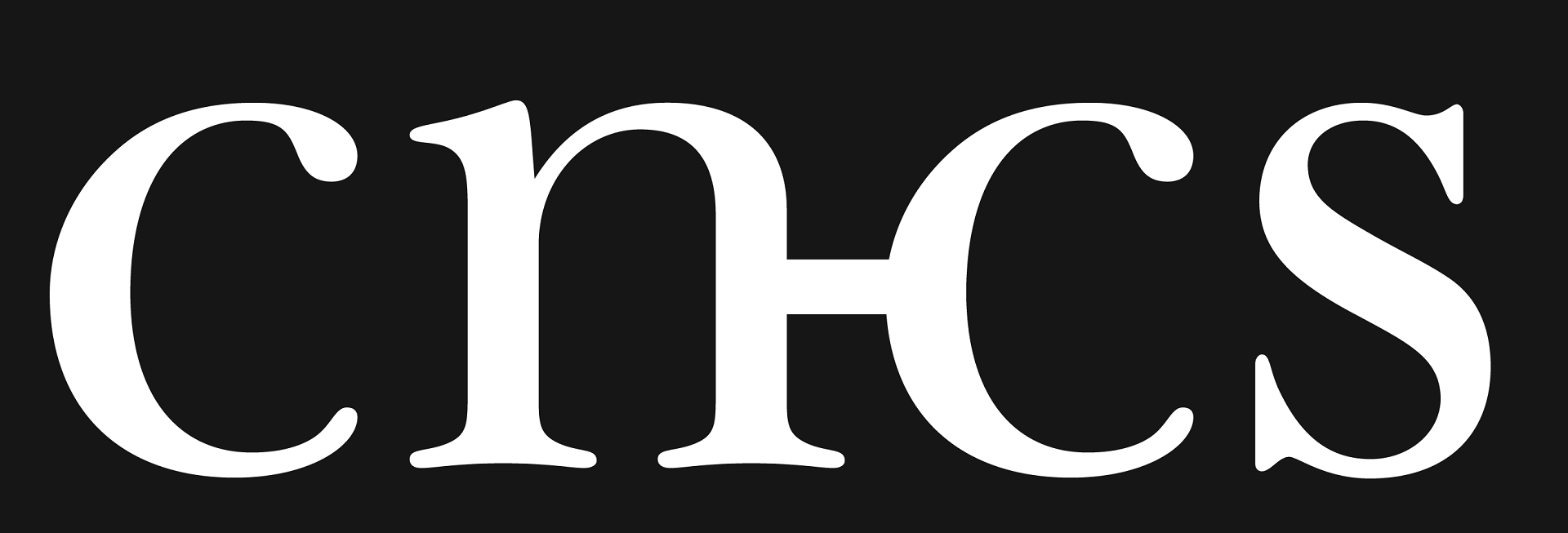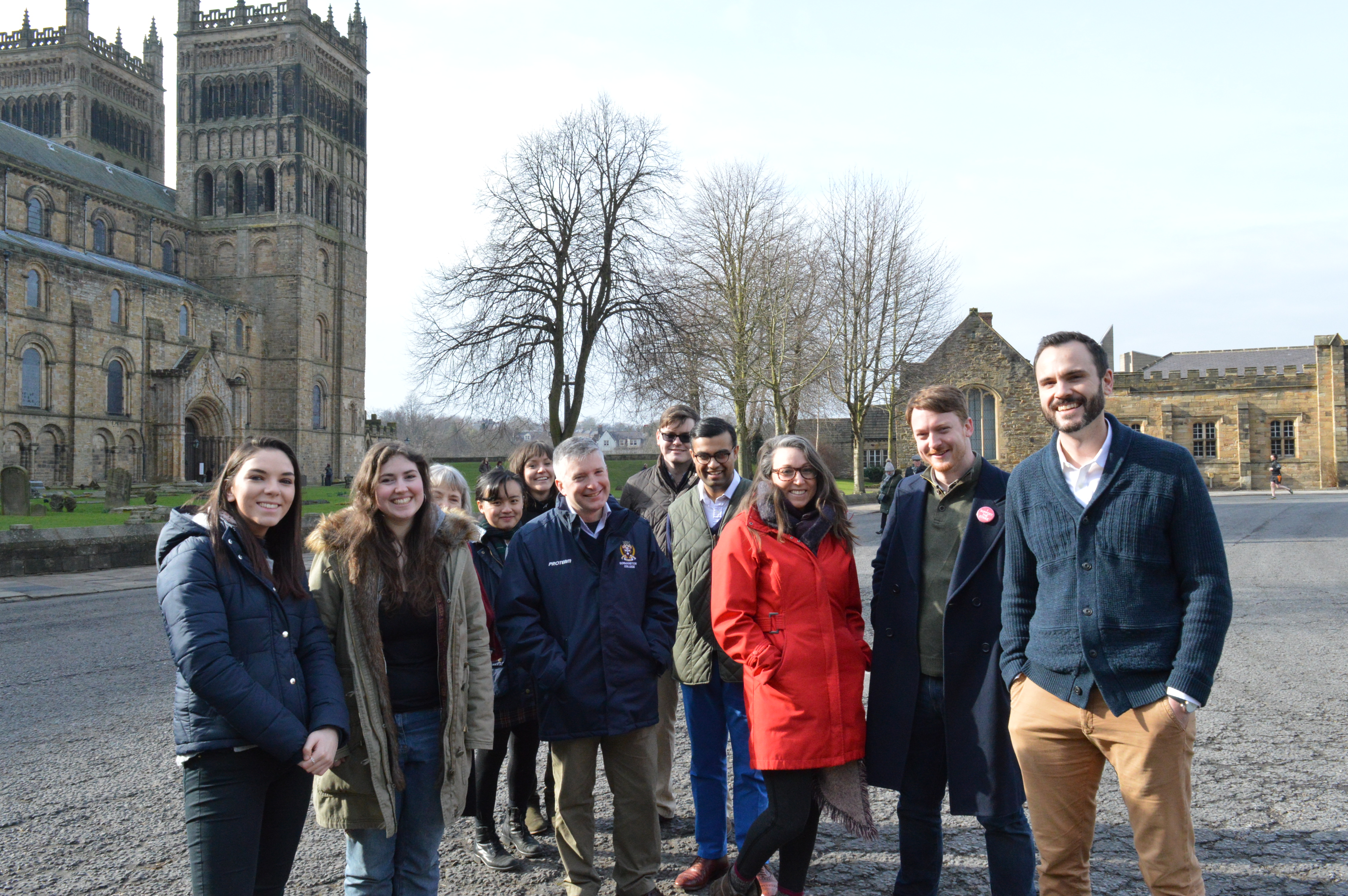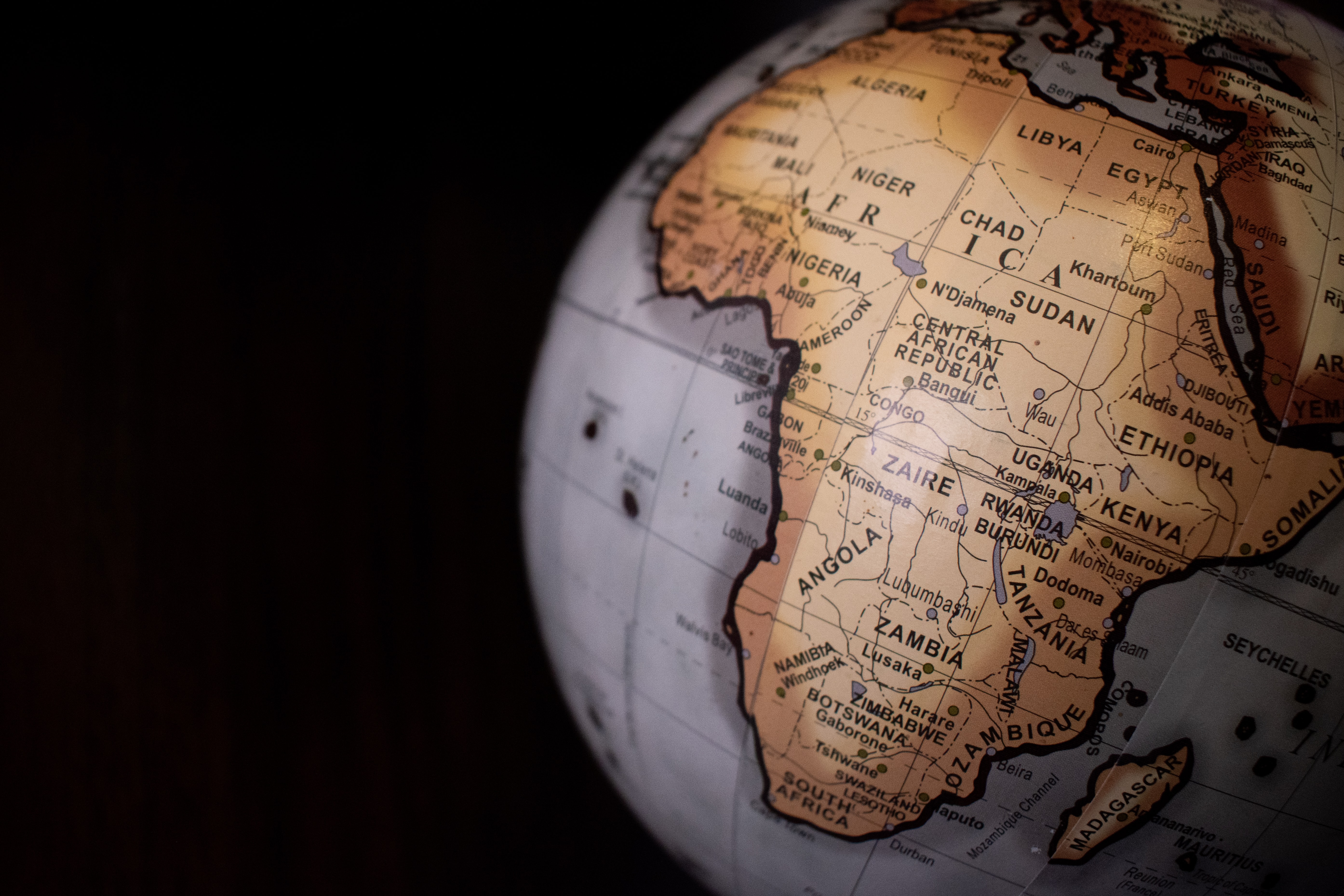Clusters
Please use the buttons below to navigate this page. Staff members can access any updates by visiting our Research Clusters page on SharePoint.
Economic and Social History
Learn more about our research into economic and social history
Environmental and Urban History
Learn more about our research into environmental and urban history
History on the Margins
Learn more about our research into History on the Margins
Late Antiquity
Learn more about our research into Late Antiquity
Museums, Archives, and Heritage
Learn more about our research into museums, archives and heritage
North American Connections
Find out more about our North American Connections research cluster
North-East History
Learn more about our research about North-East history
Political Cultures
Learn more about our research into political cultures
Science, Technology and Medicine
Learn more about our research into science, technology and medicine
Thinking East Asia
Learn more about our Thinking East Asia (TEA) cluster
More research areas
See more research areas
Research Institutes
Institute of Advanced Study (IAS)
Find out more...
Institute of Medieval and Early Modern Studies (IMEMS)
Find out more...
Research Centres
Centre for Visual Arts and Cultures
Find out more...
Centre for Modern Conflict and Cultures
Find out more...
Centre for Nineteenth Century Studies
Find out more...
Centre for Catholic Studies
Find out more...
Durham University Centre for Contemporary African History
Find out more about the History department's own research centre- the Durham University Centre for Contemporary African History (DUCCAH)


/prod01/prodbucket01/media/durham-university/departments-/history/77231.jpg)
/prod01/prodbucket01/media/durham-university/departments-/history/Economics.jpg)
/prod01/prodbucket01/media/durham-university/research-/research-centres/health-at-durham/Carousel-Images-(9).png)
/prod01/prodbucket01/media/durham-university/departments-/history/Cluster-1.jpg)
/prod01/prodbucket01/media/durham-university/departments-/history/research-images/Mosaic_pavement_with_representation_of_the_Summer_season,_Late_Roman,_from_Carthage,_British_Museum.jpg)
/prod01/prodbucket01/media/durham-university/library-/about-us/general-view-of-OM-1-2038X951.jpg)
/prod01/prodbucket01/media/durham-university/alumni-/about-us-/Map-of-America.png)
/prod01/prodbucket01/media/durham-university/departments-/english-studies/77521%5B1%5D.jpg)
/prod01/prodbucket01/media/durham-university/departments-/history/71765.jpg)
/prod01/prodbucket01/media/durham-university/departments-/computer-science/84043.jpg)
/prod01/prodbucket01/media/durham-university/departments-/history/69572.jpg)
/prod01/prodbucket01/media/durham-university/departments-/classics-and-ancient-history/32407.jpg)
/prod01/prodbucket01/media/durham-university/alumni-/giving/Institute-of-Advanced-study.png)
/prod01/prodbucket01/media/durham-university/external-location-photography-/city-shots-/41098-1.jpg)
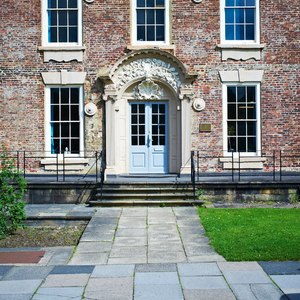
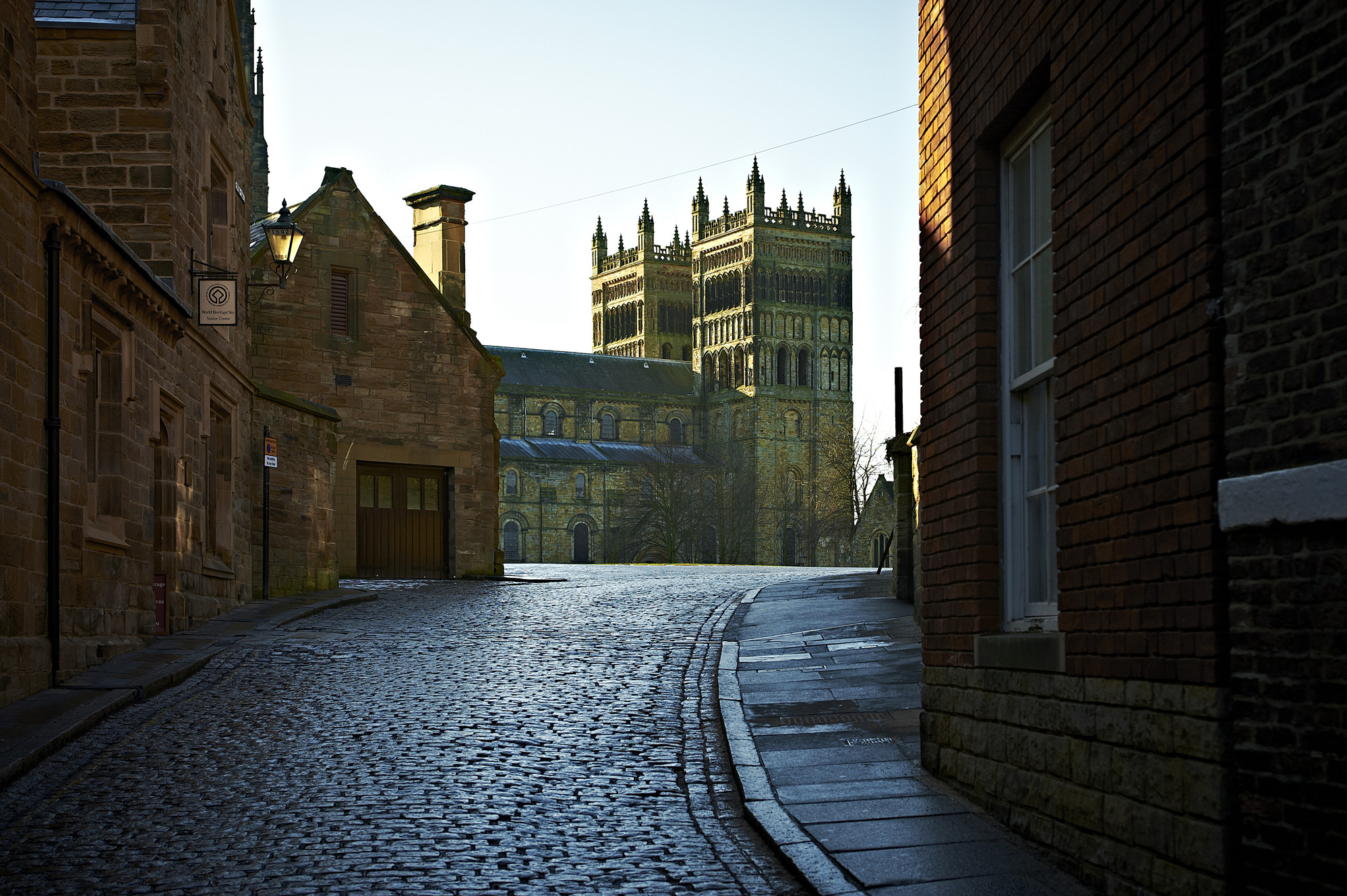
/prod01/prodbucket01/media/durham-university/research-/research-centres/visual-arts-and-cultures-centre-for-cvac/56173.jpg)
/prod01/prodbucket01/media/durham-university/external-location-photography-/city-shots-/80050.jpg)

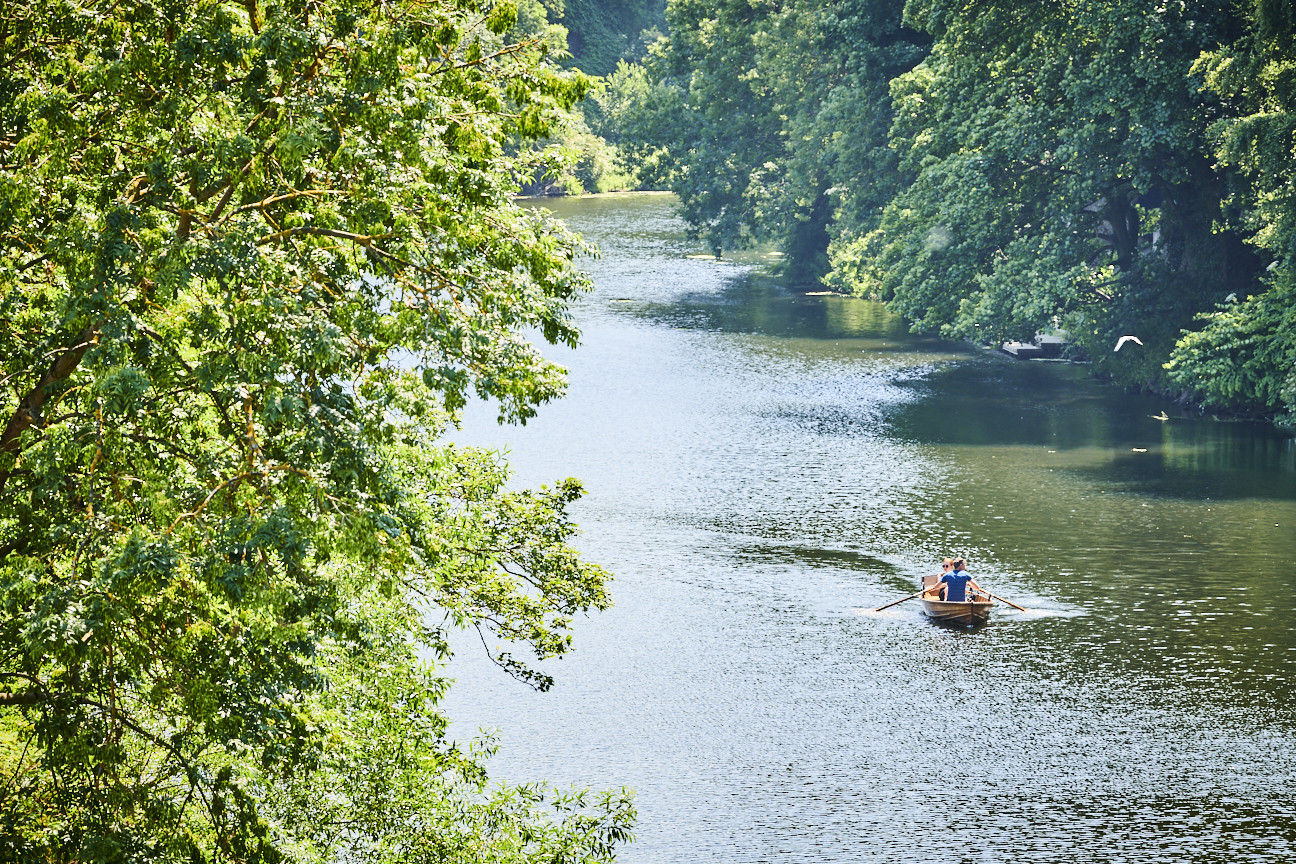
/prod01/prodbucket01/media/durham-university/research-/research-centres/nineteenth-century-studies-centre-for-cncs/cncs-lettering-logo-black.png)
/prod01/prodbucket01/media/durham-university/research-/research-centres/catholic-studies-centre-for-ccs/CCS-students-on-Palace-Green.JPG)
